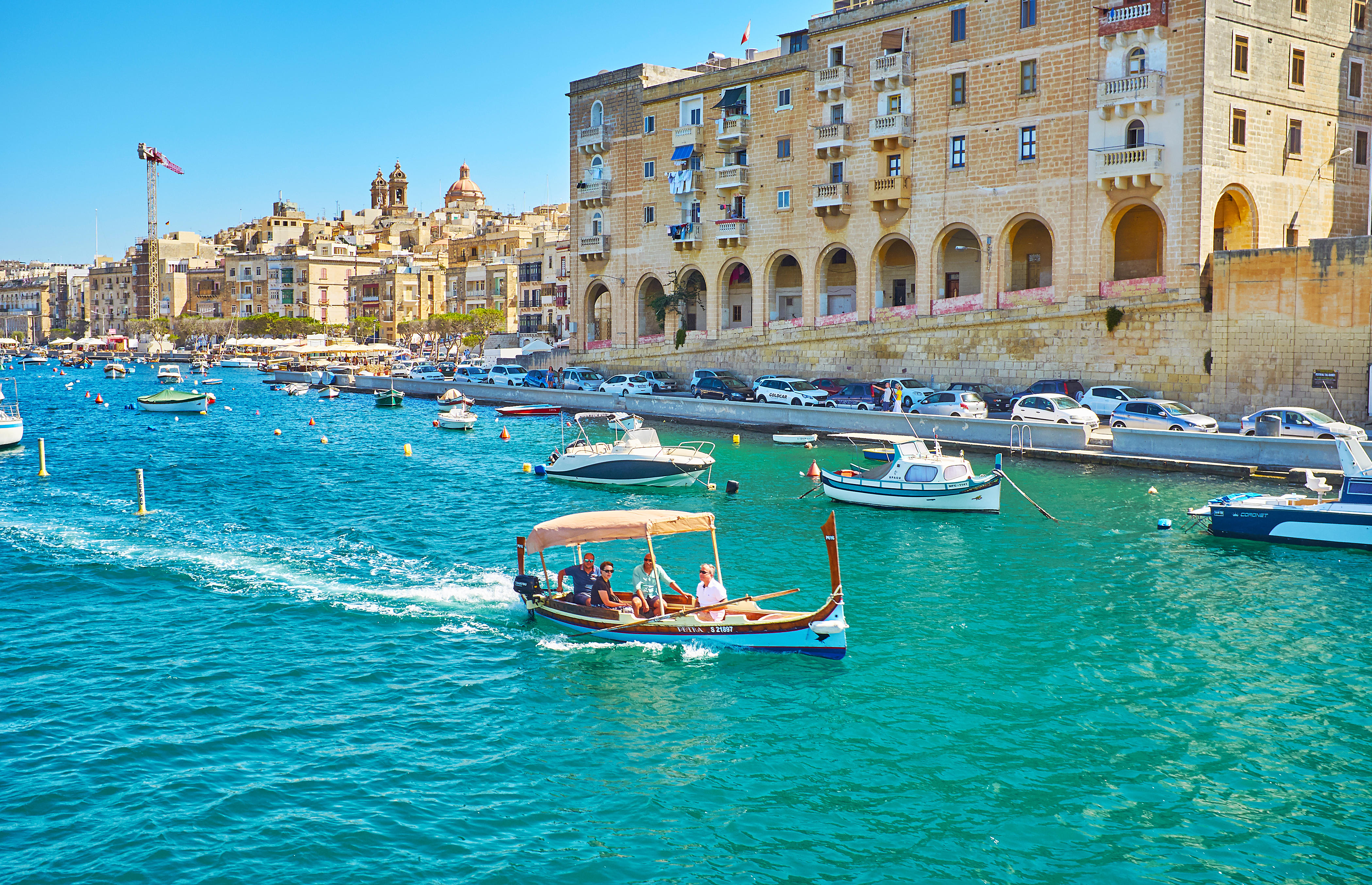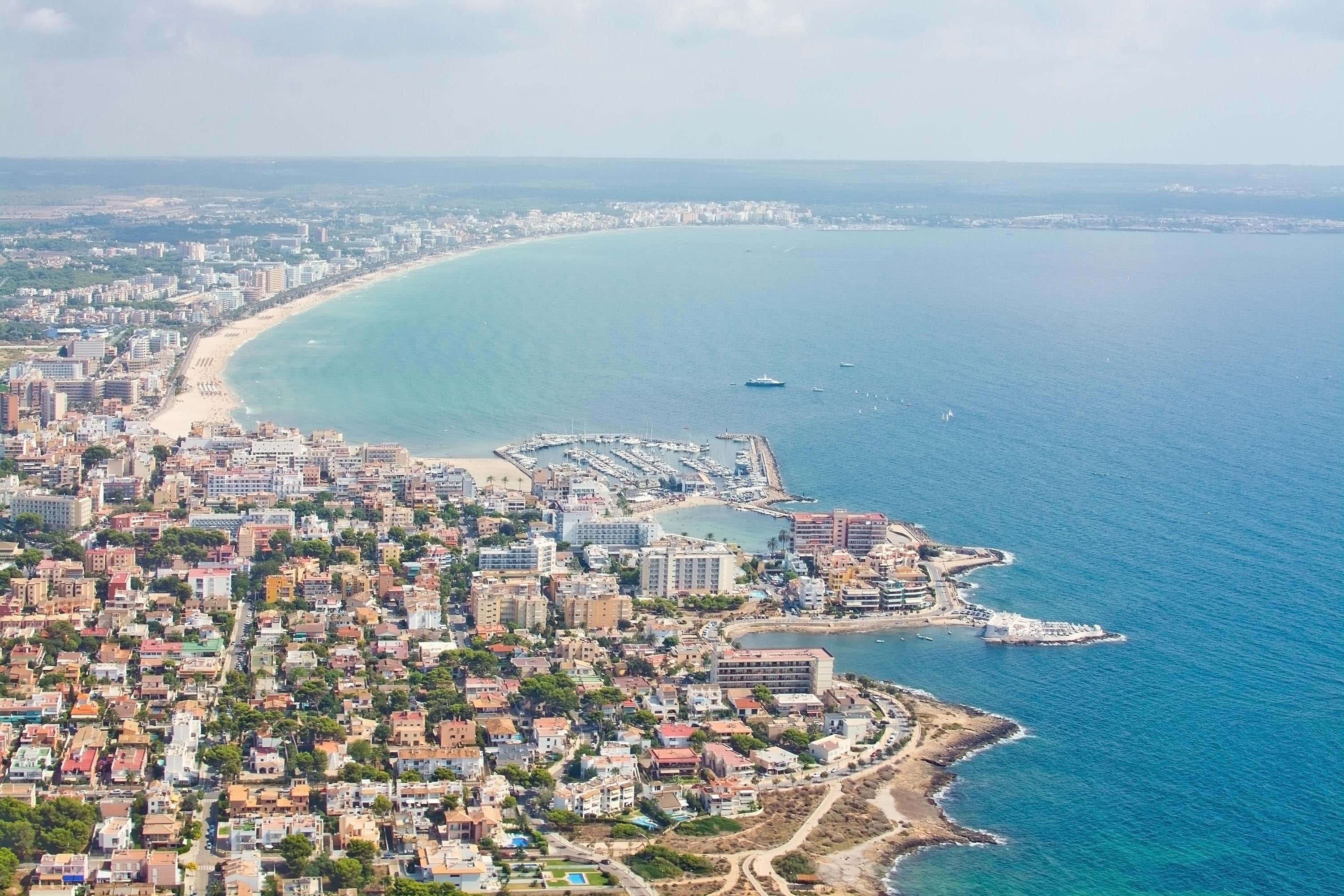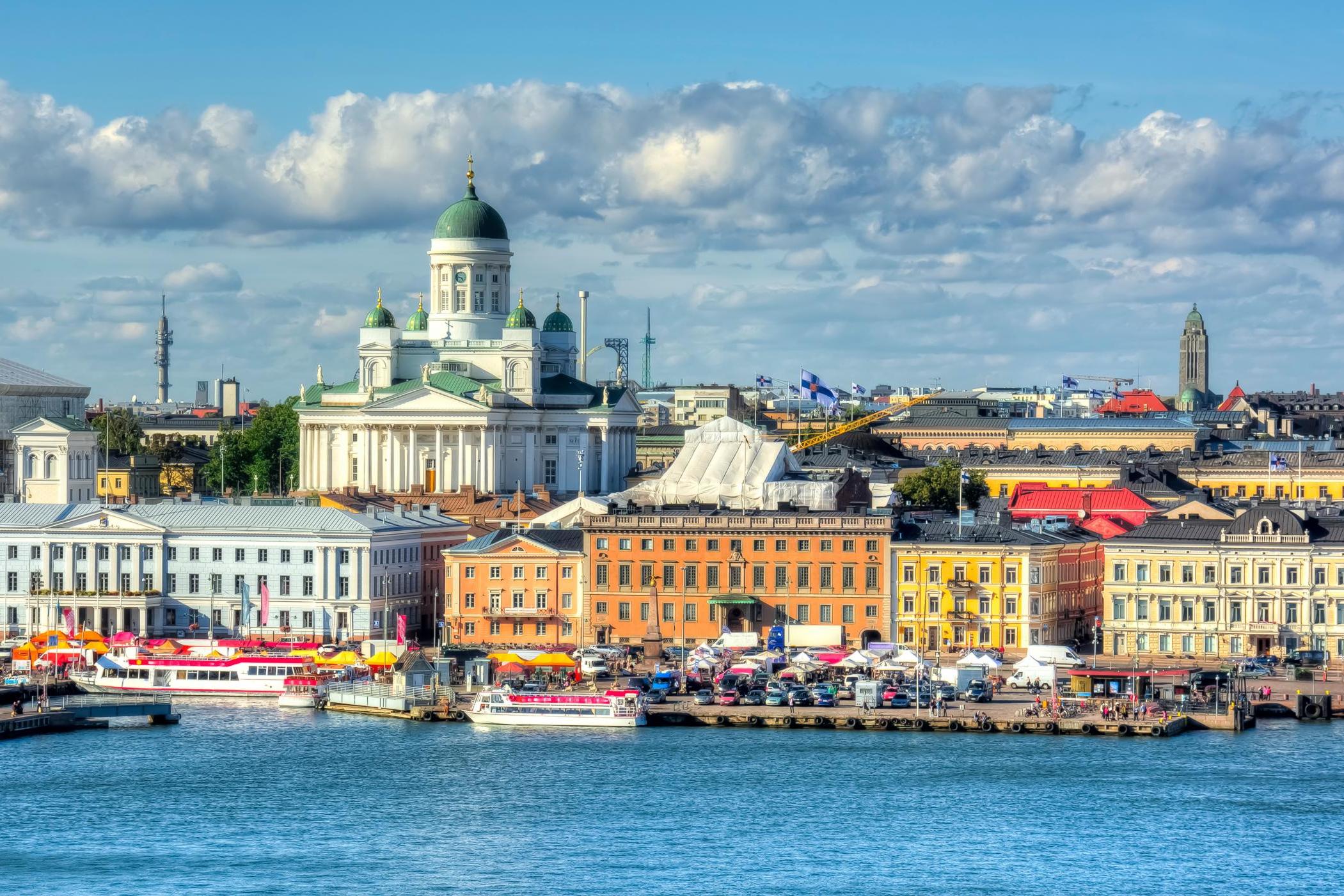With the rise of remote working after the Covid pandemic, more and more Brits are logging on from abroad. Doing so allows people to explore the world – without using any annual leave.
One
study last year
showed that six million Brits were expected to work from abroad in the summer of 2024.
But post-Brexit, UK citizens can no longer work freely in European countries. However in recent years, many countries have introduced a special
‘digital nomad visa
’ specifically for people looking to work remotely from their countries.
If you’re interested in spending some time in the sun, all while not missing a single Zoom meeting, these are the ones to check out. The conditions are often different depending on the country.
The details below apply to UK citizens, but be sure to check your own potential requirements if you are a citizen from elsewhere.
Estonia
To work remotely from Estonia, you may not need a visa or permit at all if you meet one of the following conditions:
- Working on a one-off temporary basis for up to five days in a 30-day period
- An accredited journalist accredited by the Estonian Ministry of Foreign Affairs for up to 270 days in a 12-month period
- A supervisor or director of an Estonian branch of a non-Estonian company for up to five days in a 30-day period
If your work stint lasts over five days within a span of 30, you may qualify for a specialized digital nomad visa provided that you meet the following criteria:
- Work in the information and communication technology, finance, or marketing sectors
- Are able to work remotely, independent of location
- Have a UK employment contract, or carry out business for your own UK-registered business, or work as a freelancer for clients outside Estonia
- Meet minimum income requirements (€4,500 (around £3,800)/month) for at least six months prior to submitting the application
The digital nomad visa takes 30 days to process and is valid for up to a year, without the option to extend.
Nonetheless, you have the option to apply for another visa that will grant you an additional six months stay; however, you must depart from the country after a total of 18 months.
Croatia
Croatia provides a comparable remote worker residency permit that you’ll require for working in the country from abroad. To qualify, you must:
- Work remotely
- Be employed or self-employed by a company that’s not registered in Croatia
- Have at least two-and-a-half times the average monthly net salaries paid for the previous year
- Prove you have enough money to support yourself for your stay
A digital nomad residence permit typically takes between eight and 15 weeks to get and is valid for up to a year.
Italy

There’s no specific requirement for any kind of visa if you’re working for less than 90 days in Italy.
However, if you plan to work for longer than 90 days, the Italian government
introduced a digital nomad visa in April 2024
, which allows non-EU nationals to live and work remotely for up to one year.
Applicants must meet specific criteria, such as being highly skilled, having a minimum annual income of €28,000, and possessing valid health insurance.
Greece

Operating under similar rules as Italy, Greece requires a digital nomad visa which allows remote work for up to 12 months.
It’s only for those employed or self-employed by a company outside of Greece with a minimum monthly income of €3,500 after taxes. Applicants must also have valid health insurance.
Germany

Germany allows UK visitors into the country visa-free for no more than 90 days in a 180-day period.
There aren’t any specific visas for working remotely during that time, but staying any longer than 90 days would require you to apply for an employment visa and register with a local office.
Czech Republic

British citizens can remain in the Czech Republic for up to 90 days within any 180-day period under the terms of the Schengen Agreement. During this time, they may participate in specific business-related tasks without requiring a visa or work permit when representing a UK-based firm.
Hungary

Work permits are necessary in Hungary solely when you’re performing tasks for a Hungarian firm, provided you stay within the 90-day timeframe. Exceeding this period would necessitate obtaining both a residency and an employment permit.
Iceland

As a UK citizen, you can visit Iceland without needing a visa for stays of up to 90 days within any 180-day window since Iceland is part of the Schengen Zone.
You can work freely within that time, so long as you don’t receive payment from an Icelandic company for these activities.
By your first day in Iceland, either your employer or yourself if you’re self-employed must report to the Icelandic Directorate of Labour about the type of work being done.
Malta

Malta offers a
Nomad Residence Permit
for non-EU nationals who plan to work remotely from Malta, but that’s only for stays of over 90 days.
For stays of lesser duration, any work that does not involve interacting with Maltese clients or enterprises wouldn’t necessitate a permit.
Portugal

Portugal provides a mechanism for staying and working remotely for more than 90 days via its digital nomad visa, known as the D8 Visa. This enables individuals from outside the EU to work remotely in Portugal for up to one year with the possibility of extension after that period.
Applicants must demonstrate a monthly income of at least €3,480 from sources outside of Portugal.
Spain

The Spanish digital nomad visa operates similarly to the Portuguese version, enabling individuals who are not EU citizens to reside and engage in remote work in Spain for as long as half a decade.
It’s a 12-month visa initially that can be renewed for up to four additional years, offering a pathway to permanent residency and citizenship.
The visa was introduced as part of Spain’s Startup Act with the aim of attracting global talent and boosting economic activity.
Norway

Although Norway operates much like other Schengen countries, it’s also advisable to contact the Norwegian Directorate of Immigration (UDI) before engaging in remote work during your stay.
This is because the UDI operates in a similar way to Iceland and it’s best to cover your bases, although work conducted within the visa-free 90 days should be permissible.
Finland

Although Finland does not have specific legislation addressing remote work by foreign nationals during short stays, work done for non-Finnish countries should be fine for a period of less than 90 days.
As it’s another Schengen country, you can enter without a visa or work permit within the typical allowance.
Register now for one of The Standard’s newsletters. From a daily news briefing to Homes & Property insights, plus lifestyle, going out, offers and more. For the best stories in your inbox, click
here
.







